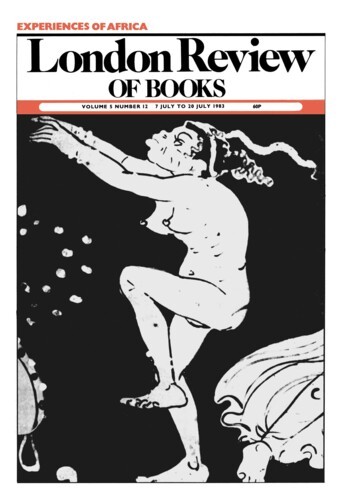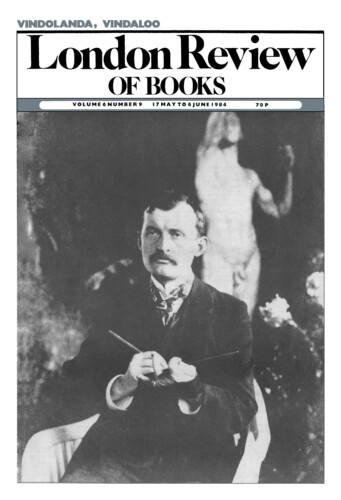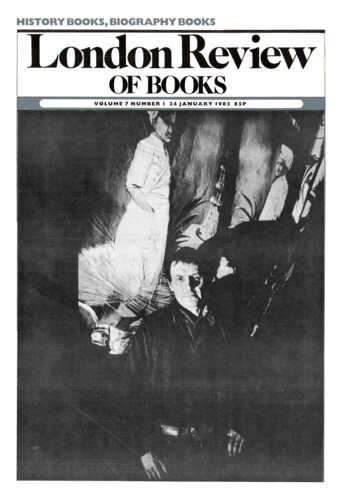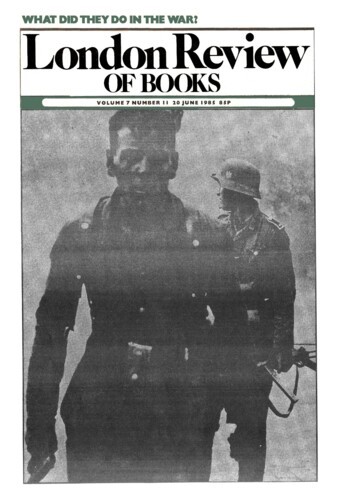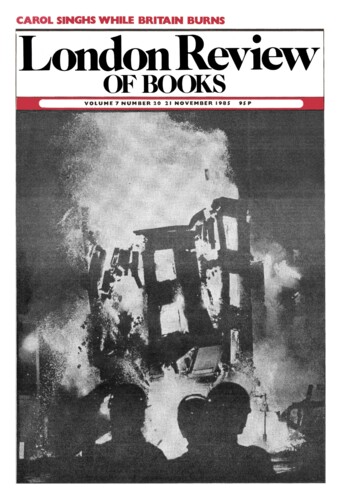Cambridge English and Beyond
Raymond Williams, 7 July 1983
Was there ever, in fact, a ‘Cambridge English’? Not as in ‘Oxford English’, which refers in its most general use to a manner of speaking: but in the sense of a distinctive and coherent course and method of study. There has been an English Tripos in Cambridge since 1917, and an independent Tripos and Faculty since 1926. I realised recently that I had been in contact with English at Cambridge for two-thirds of this history, since I came as an undergraduate in 1939. Moreover, for the last twenty years or so I have, in some problematic ways, been near the centre of its affairs. It is then at first sight curious that I still look at what is called ‘Cambridge English’ as a historical phenomenon: as something happening, throughout, at a certain distance.
